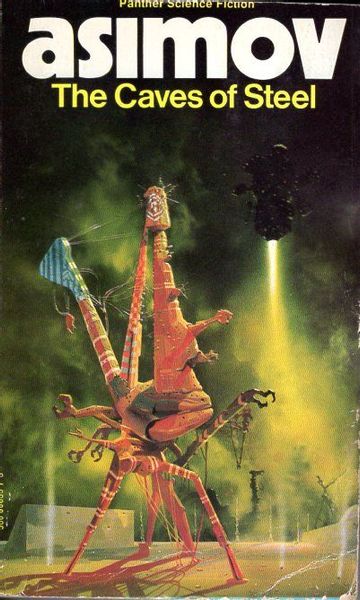Reviews
Coleman McCormick@coleman
Kayla Ndife@vulpeculahex
Ryan LaFerney@ryantlaferney
Janice Hopper@archergal
Kirsten Simkiss@vermidian
Adam@adam
Sarah Escorsa@shrimpy
Adam@adam
Michael Hessling@cherrypj
Henning@hnnngb
nda and@dookie
Ana@anaaniri
Nil Vila@nilvilam
Emre Yarar@emrecanya
Andru Matthews@andrumatt
Goodness@existentialaspie
Cyrus Yochim@cyrusy1994
Colton Ray@coltonmray
Yasmin@yasamarante
Carter Rabasa@crtr0
Claudiu@claudiu
Traci Wilbanks@traci
Audrey Hull@pilot_9
Sebastian Stoelen@sebastianstoelen
Highlights
Goodness@existentialaspie
